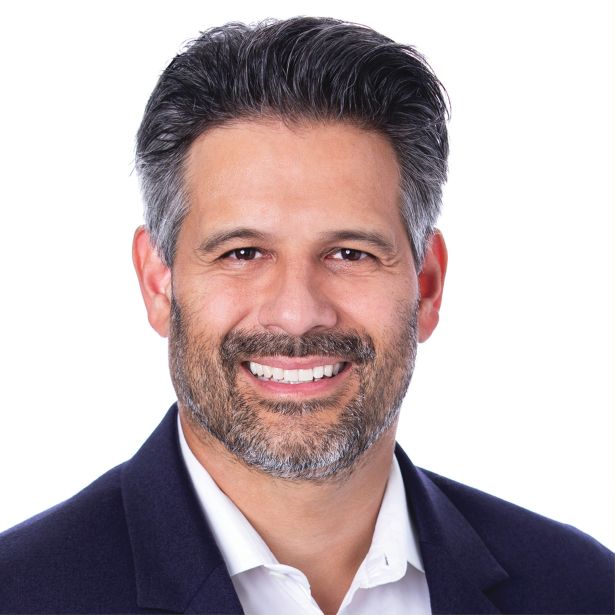
Marcos Alvarado
Partner and head of U.S. real estate at Sixth Street

Since joining Sixth Street Partners in January 2024, Marcos Alvarado has brought his trademark touch honed over the last two decades to the global investment firm’s strategy.
Alvarado has an impressive resume, having served as president and chief investment officer at ground lease specialist Safehold, where he oversaw a $6 billion portfolio; as head of acquisitions at investor Cadre; and as a managing director of Starwood Capital. Now, at Sixth Street, he’s a partner at a 650-person firm with some $100 billion in assets.
“I sort of think of parenting as a corollary [to investment strategy] in that nothing is linear and there’s always a new challenge and there’s always something to learn from,” Alvarado said. “[Sixth Street does] a lot of top-down, thematic work to find differentiated insights and an edge where we have a belief in tailwinds or fundamentals that have a decent amount of runway. But what I think is unique to us is … where you start is never where you’re going to end up, and we have a really flexible approach from an investment standpoint.”
Some recent deals include the August acquisition of a 65 percent stake in Plymouth Industrial REIT’s Chicago industrial portfolio for $250 million, which also removed $67 million in debt from Plymouth’s balance sheet. In September, Sixth Street provided $56 million in preferred equity to Apartment Investment and Management Company for its 144-unit luxury residential project in Miami’s Edgewater neighborhood known as the Hamilton, which became part of a capital stack worth about $172 million for the builders.
“The theme [in the Miami deal] was how do we invest in living assets at big discounts to replacement cost, where supply is sort of hamstring, short-term fundamentals but we have a long-term conviction in growth,” Alvarado said.
Sixth Street in June this year also took a minority stake in L+M Companies, which has a portfolio of some 60,000 homes worth an approximate $20 billion.
In terms of the broader market, Alvarado said that steeper tariffs have given the industry as a whole a pause as it assesses the lay of the land. The distressed buying opportunities in residential markets, however, are a primary interest for his team, Alvarado said, especially in markets where a supply and demand “mismatch” exists.



